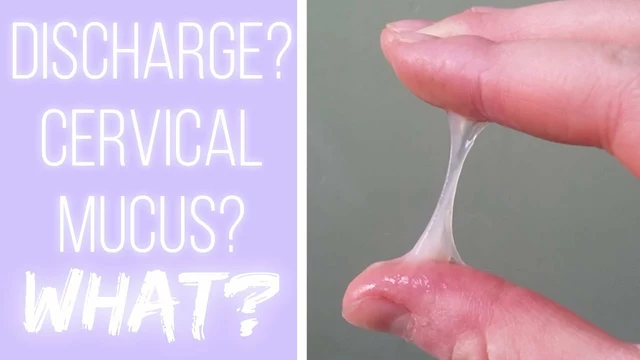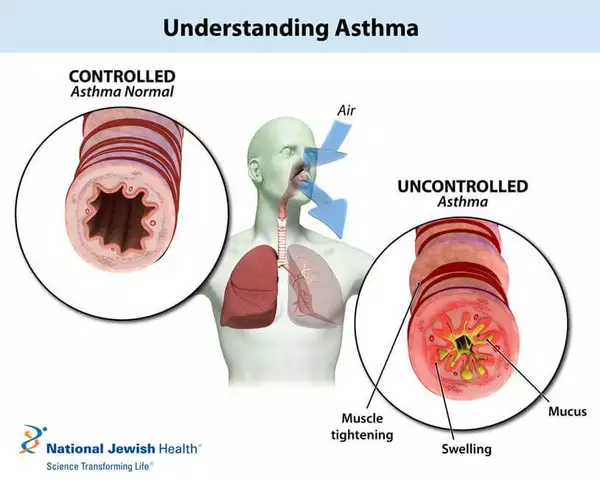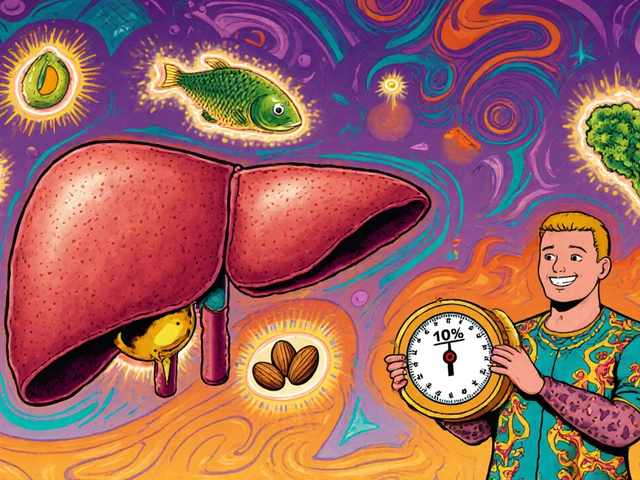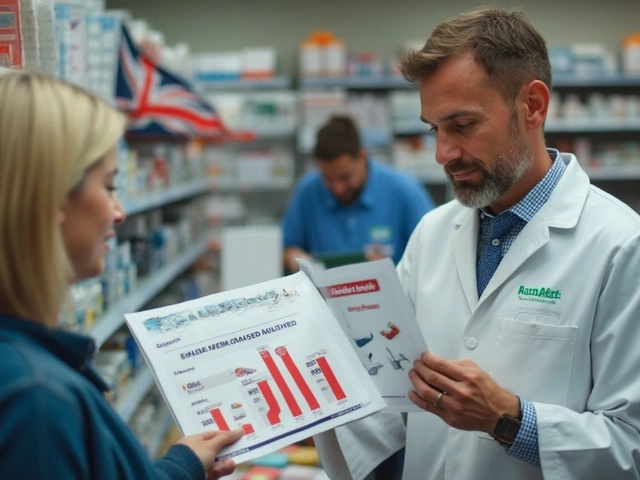Alcohol: What It Does to Your Body and Your Medications
If you enjoy a drink now and then, it helps to know what’s really happening when alcohol meets your body. Alcohol is a depressant that slows down the brain, widens blood vessels, and can mess with how your liver processes other substances. Those effects sound simple, but they quickly turn into bigger issues if you’re taking prescription meds or have certain health conditions.
How Alcohol Interacts With Common Drugs
Many of the medicines we write about on OnMen—like antibiotics, antidepressants, and steroids—can react badly with alcohol. For example, mixing Bactrim (a common antibiotic) with booze may increase stomach irritation and reduce how well the drug fights infection. Prednisone, a steroid for inflammation, can raise blood sugar levels; adding alcohol makes that spike even higher, which is risky for diabetics.
Even over‑the‑counter sleep aids such as Unisom become more sedating when paired with drinks. The combo can lead to extreme drowsiness, poor coordination, and a higher chance of accidents. If you’re on any mental‑health medication like Abilify (aripiprazole) or Escitalopram, alcohol may worsen mood swings or cause sudden anxiety.
The rule of thumb? Check the label, ask your pharmacist, and keep a short list of meds you’re on. If a medication warns against “alcohol use,” take it seriously—those warnings are based on real risks, not just cautionary fluff.
Practical Tips for Safer Drinking
Want to enjoy a glass without sabotaging your health? Start with moderation: the CDC defines moderate drinking as up to one drink per day for women and two for men. One “drink” means 12 oz of beer, 5 oz of wine, or 1.5 oz of distilled spirits.
Never take meds on an empty stomach before you sip. Food slows alcohol absorption, giving your liver a breather. Also, stay hydrated—alternate each alcoholic beverage with water to keep blood‑alcohol levels lower.
If you’re trying a new prescription, give yourself at least 24 hours before having that first drink. Some drugs need time to build up in your system, and early alcohol exposure can throw off their intended effect.
Finally, watch for hidden alcohol in medications like liquid cough syrups or certain vitamins. Those tiny amounts add up if you’re already drinking regularly.
Bottom line: Alcohol isn’t the enemy, but it’s a powerful chemical that interacts with many of the drugs we cover on this site. Knowing how it works and following simple safety habits lets you keep both your social life and health in balance.
Alcohol's Effects on Anemia: What Happens When You Mix Drinking and Low Iron
Drinking alcohol can have a real impact on anemia, but most folks don’t realize just how deep the connection goes. This article breaks down how alcohol messes with your body’s ability to make and use red blood cells. You'll also find out why some drinks might be riskier than others, and get simple tips to better manage your iron levels if you enjoy a night out. We’re mixing facts, science, and practical advice so you can handle things smartly. No fluff—just what you actually need to know about anemia and alcohol.






